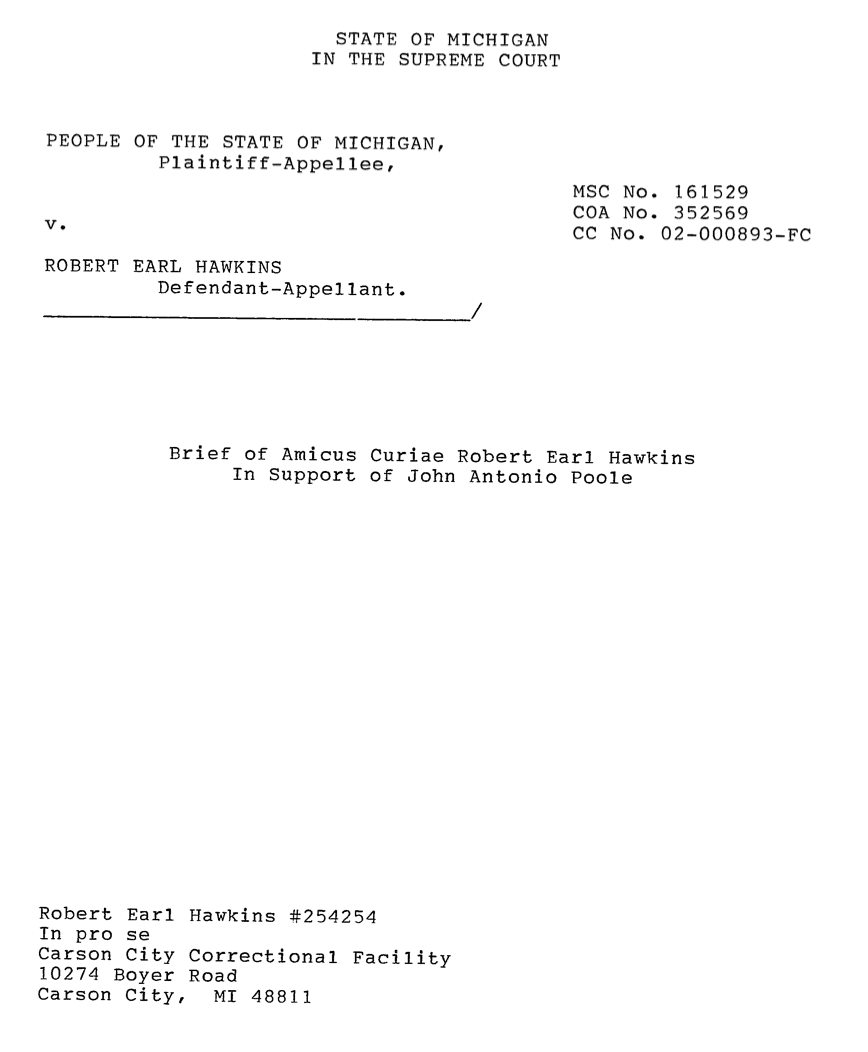
Summary of Argument
Much of what judicial history on this Issue relates ... chills, shames, and disgusts us. This aversion caused the guardians or our national conscience to strike down Laws that permit the execution of children under age 16. Seventeen years later, the logic of Thompson was extended to those under 18. A few years following, the Eighth Amendment categorically "prohibited the imposition of a life sentence on a juvenile offender who did not commit homicide," These holdings of course then led to "the Eighth Amendment forbid[ingl a sentencing scheme that mandates life in prison without the possibility of parole for juvenile offenders.
Accordingly, since children and adolescents have reduced cognitive, interpersonaL and emotional capabilities, they are less blameworthy than mature adults when they engaged in criminal behavior. And therefore It was only logical for the Court to decree teenage homicide offenders permission to mitigate penalties for their offenses.
The focal point here is that Dr. Steinberg and his renowned colleagues are the very medical experts in whom the foundation of the above Miller trilogy lays. Therefore, for purposes of the Eighth Amendment, states must defer to the "medical community's current standards that reflect improved understanding over time"; they cannot "deviate from prevailing clinical standards," nor should this Court continue such a course. In fact, the Sixth Circuit Court of Appeals recently demonstrated a willingness to meaningfully approach this issue with the sincerity of judicial truth seeking, alter many years of outright denying medical science to aver “[f]or purposes of the Eighth Amendment, an individual's birthday marks that bright [distinguishing between juvenile and adult. We decline to create exceptions- even for offenders with rare physiological conditions."
The Sixth Circuit's new stance came from Sherrill, where the Court fairly reasoned that while is has historically declined to extend Miller's reasoning to those over age 18, it must now look beyond historical conceptions to the evolving standards of decency that mark the progression of a maturing society - noting that members of its court have already begun to consider whether the line separating childhood and adulthood has shifted, pointing to various contexts in which it considers twenty-one the age of majority, as well as scientific and social research indicating that those under twenty-one retain the defining characteristic of youth.
Similarly, it is well past time for Michigan to dovetail the law with the medical science and empirical evidence that unequivocally supports the extension of Miller to those whom qualify from ages 18 to 25.